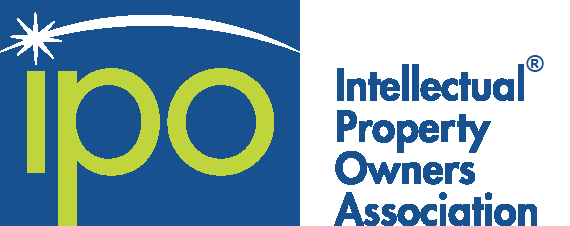The standards setting arm of the Institute of Electrical and Electronics Engineers (IEEE), which is responsible for more than 900 technological standards affecting patent owners across a range of industries, recently amended its policies relating to patent owners’ obligation to license standard essential patents (SEPs) at fair, reasonable and non-discriminatory (FRAND) rates. The change came in February, following a call for clarification from regulators in 2013, as well as a slew of recent litigation in which the scope of FRAND commitments has been questioned.
Last week, four panelists with varying views on the amended policy discussed how the changes will affect patent owners going forward during an IP Chat Channel webinar on the topic. MARC SANDY BLOCK of IBM Corp. argued that the amendments weigh too far in favor of implementers of the standard and place an undue burden on patent holders. “The IEEE policy immunizes the implementer,” said Mr. Block, commenting on the IEEE’s amendment precluding SEP holders from seeking an injunction until after certain issues have been litigated. “If you are an implementer, your behavior is irrelevant to whether an injunction should be sought. You can choose not to negotiate, to delay negotiations, bring an antitrust suit against the other guy, bring all kinds of expense down on the SEP holder and push the patent holder towards litigation and you’re immune.”
But EARL NEID of Intel Corp. said that the previous policy granted SEP holders too much power by allowing them to use the threat of injunction to create holdup. “The threat of injunction is a gun to the head in a negotiation,” said Mr. Neid. “The whole idea is that the patent holder should receive fair compensation, but they shouldn’t get unearned value because their patent is locked into the standard.”
Listeners questioned whether companies would continue to participate in future IEEE standards considering the risks involved with the amended policy, which may reduce a patent owner’s ability to seek an adequate return on investment. “Some companies have suggested they are going to be very careful in how they disclose patents in the future,” said Mr. Block. “The risks and the burdens are too great.”
PAUL ZEINEDDIN of Zeineddin PLLC and DAVID LONG of Kelly Drye & Warren LLP also participated on the panel, which was moderated by IPO’s Chat Channel Host, PAMELA SHERRID. To listen to the full webcast, which is eligible for CLE credit in many states, register here.

